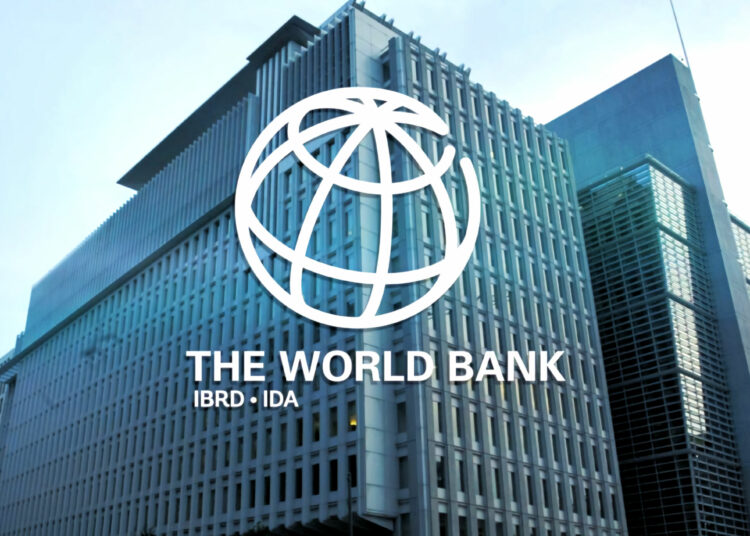Through an internationally conceived 50×2030 Initiative, the World Bank, the Food and Agriculture Organisation of the United Nations (FAO) and the International Fund for Agricultural Development (IFAD) have committed $500 million towards data gathering to stem agricultural production without solid information base.
The global multi-institutional collaboration, through its planned deployment of the fund will engender smartness in agricultural development and policy conceptualisation from igniting efficacious and credible data gathering.
Speaking on the expected gains from the planned deployment of the global fund tagged 50×2030 initiative yesterday in Abuja, the Project Task Team leader, Agro- Climatic Resilience in Semi Arid- Landscape (ACReSAL) Dr. Joy Ighanya Agene, said it was focused on increased agricultural productivity, enhanced livelihoods and development of informed, smart and virile agricultural policies.
She made this known during a two-day training of its officers across the 19 northern states and the FCT organised by ACReSAL in preparatory for the data collection exercise,
Dr Agene explained that the 50×2030 initiative is a World Bankand FAO led global agriculture and climate statistics programme working to minimise data gap, adding that the partnership would directly impact 50 countries in Africa, Asia, the Middle East and Latin America by 2030.
According to Agene, In Nigeria, the mandate for implementing the 50×2030 initiative is the Agro Climatic Resilience in Semi-Arid Landscapes (ACReSAL) project -an agency of the federal government supported by the World Bank having a mandate of environmental, agriculture and water resources management.
The task team project leader disclosed that so far, through ACreSAL, the federal government is checking the menace of desertification, restoring degraded lands, developing special ecosystems and catalysing sustainable agricultural production in the Nigeria’s 19 northern states as well as the FCT.
The initiative, according to Agene Joy, will help achieve food security, sustainability and climate change by building stronger national agricultural data systems.
She further said the 50×2030 initiative holds benefits of taming desertification, stemming the shrinking of the Lake Chad, obviating the climate change induced pastoral nomadism that keep unleashing farmers – herders clashes and insecurity.











